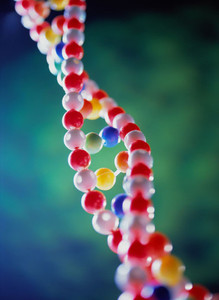One area of great interest to developers, copiers and improvers of therapeutic antibodies is glycosylation, since it can significantly influence the safety and efficacy profiles of the drug. In an article by Claire Morgan and Daryl Fernandes of Ludger published in IPI of Autumn 2009, it is shown how both the original drug manufacturers and the designers of follow-on biologics could produce biobetter antibodies through glycoengineering. In particular, they examine strategies for optimising both fragment antigen-binding (Fab) and fragment crystallisable (Fc) region glycosylation to produce monoclonal antibodies (MAbs) with improved clinical performance and better commercial profiles compared to existing drugs.
- Home
-
Generics
News
- FDA approves generic teriparatide and levetiracetam
- US generics launch and approval for Dr Reddy’s and Lupin
- Five Chinese companies join UN’s MPP for Covid-19 medicines
- South Korean companies to make generic Bridion and COVID-19 drugs
Research
- Japan’s drug shortage crisis: challenges and policy solutions
- Saudi FDA drug approvals and GMP inspections: trend analysis
- Generic medications in the Lebanese community: understanding and public perception
- Community pharmacists’ understanding of generic and biosimilar drugs: Lebanon case study
-
Biosimilars
News
- FDA approves Poherdy (first interchangeable pertuzumab) and Armlupeg (pegfilgrastim) biosimilars
- EMA recommends approval for insulin glargine biosimilar Ondibta and denosumab biosimilar Osqay
- FDA approves denosumab biosimilars Osvyrti and Jubereq, Boncresa and Oziltus
- FDA approves aflibercept biosimilar Eydenzelt and label expansion for adalimumab biosimilar Yuflyma
- MORE EDITORIAL SECTIONS
- Search








 0
0











Post your comment